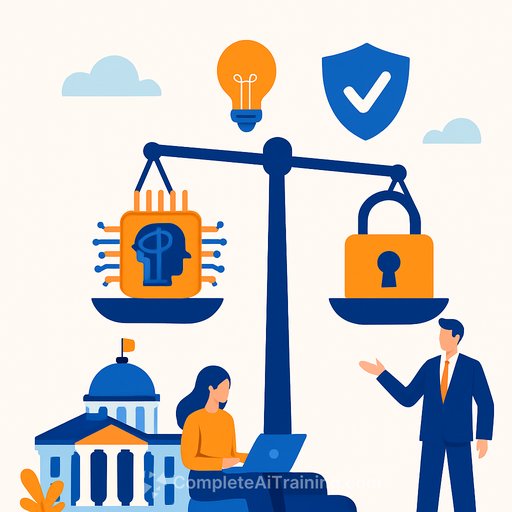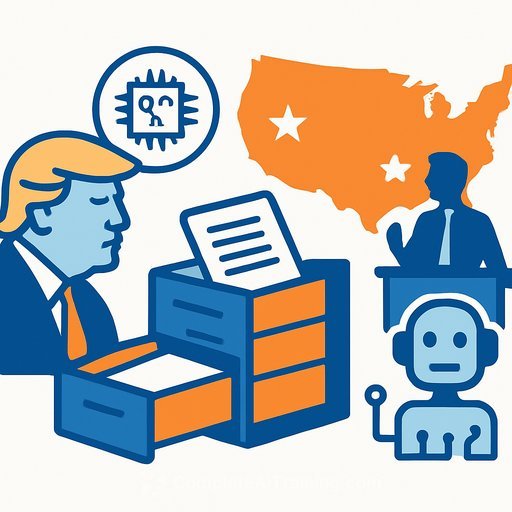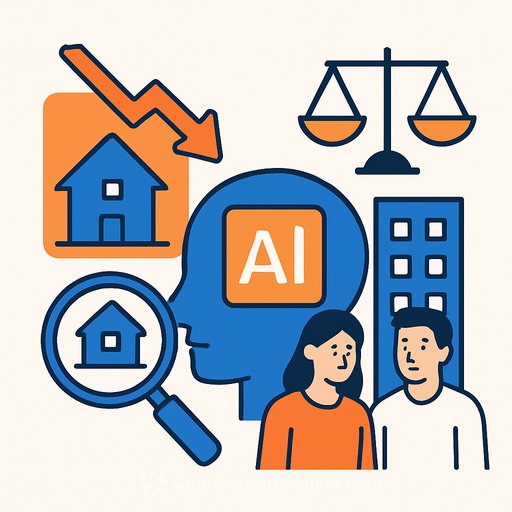COMMENTARY: The Risks and Responsibilities of AI in Government
Less than a week after xAI’s chatbot Grok sparked controversy by sharing derogatory Nazi-like statements online, the Department of Defense announced a $200 million contract with xAI for national and state security purposes. Alongside xAI, Anthropic, Google, and OpenAI also received contracts. This incident with Grok highlights the risks of AI, while the DoD’s contract raises critical questions about AI and data security at the highest levels of government.
This tension between moving fast with innovation and practicing responsible governance is becoming clearer. Recently, President Trump unveiled his AI Action Plan, focusing on removing regulatory barriers to accelerate American AI leadership. For AI to be used responsibly and effectively by government agencies, they must implement stronger, AI-specific data security, governance, and ethical frameworks.
Three Forces Driving Responsible AI in Government
AI that is untrained or poorly governed can produce biased results, privacy breaches, and incidents leading to serious legal or regulatory problems. While this is true in any sector, the risks are greater in government due to the sensitive data it handles. The federal government’s duty to protect its citizens means it must also ensure responsible AI use. Below are three key areas governments should focus on to deploy AI safely and securely for the public good:
Training Data Transparency and Security
Trust in AI starts with trust in its training data. Governments need to carefully monitor and protect the data used to train AI models. Agencies must have secure, automated systems to exclude confidential information from datasets, avoiding accidental leaks that could cause legal or political fallout. It’s also important to remove outdated or irrelevant data from training sets and guard against biases that could distort AI outputs.
Robust Ethical Frameworks
Recent events with Grok demonstrate the need for strict ethical controls around AI tools like chatbots. These tools require human oversight to ensure outputs align with societal values, regulations, and public interest. Without proper controls, even well-meaning AI can produce harmful or offensive results, especially in sensitive government roles. Agencies must obtain clear, informed consent before using citizen or employee data for AI training, maintain transparency about data usage, and regularly audit data handling practices.
Strong Data Governance
AI-related security incidents have increased significantly, with a 56% year-over-year rise according to Stanford researchers. This makes strong data governance essential. Agencies should enforce strict data access controls, use strong encryption for data both at rest and in transit, and have secure data disposal protocols. Regular audits and oversight by ethics committees help prevent misuse and bias, protect sensitive information, and build public trust in AI-driven government decisions.
Realizing the Potential of AI in Government
Governments must build and enforce ethical, security, and governance frameworks that go beyond regulatory checkboxes. These frameworks are essential to ensure AI serves the public without compromising security, privacy, or trust. Responsible AI shouldn’t be seen as an obstacle to progress but as the only way to unlock AI’s positive impact in government.
By fostering accountability and transparency, agencies can ensure AI tools are not just advanced but aligned with social values and protected against misuse. The promise of AI lies in innovation and efficiency, grounded in systems that are trustworthy, auditable, and answerable to the people they serve.
Your membership also unlocks:






